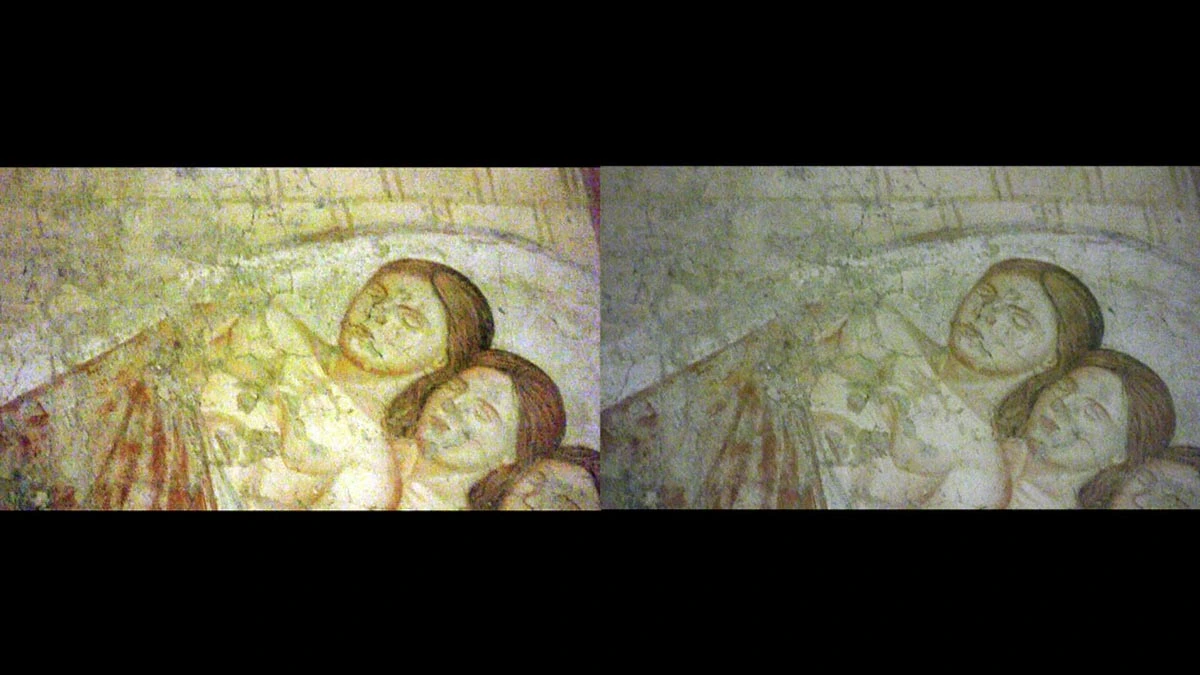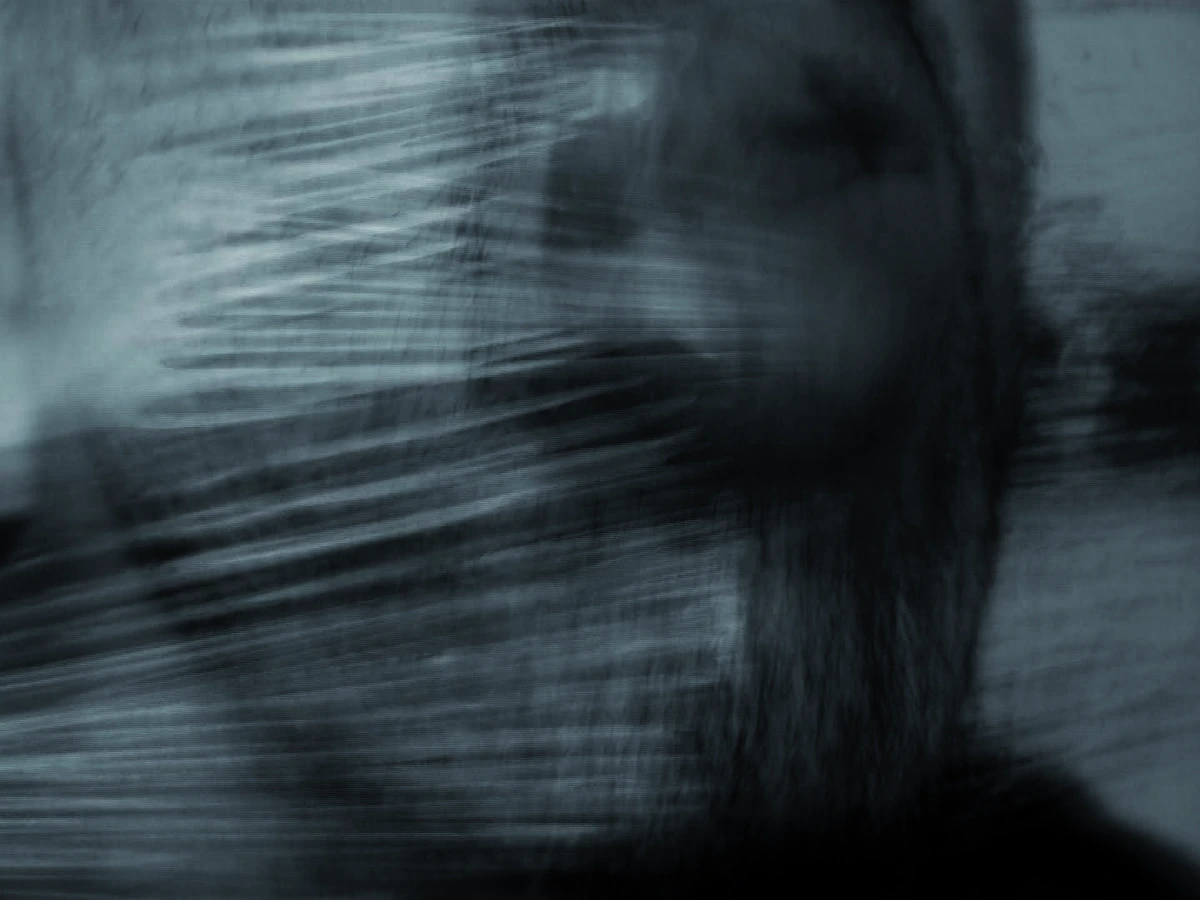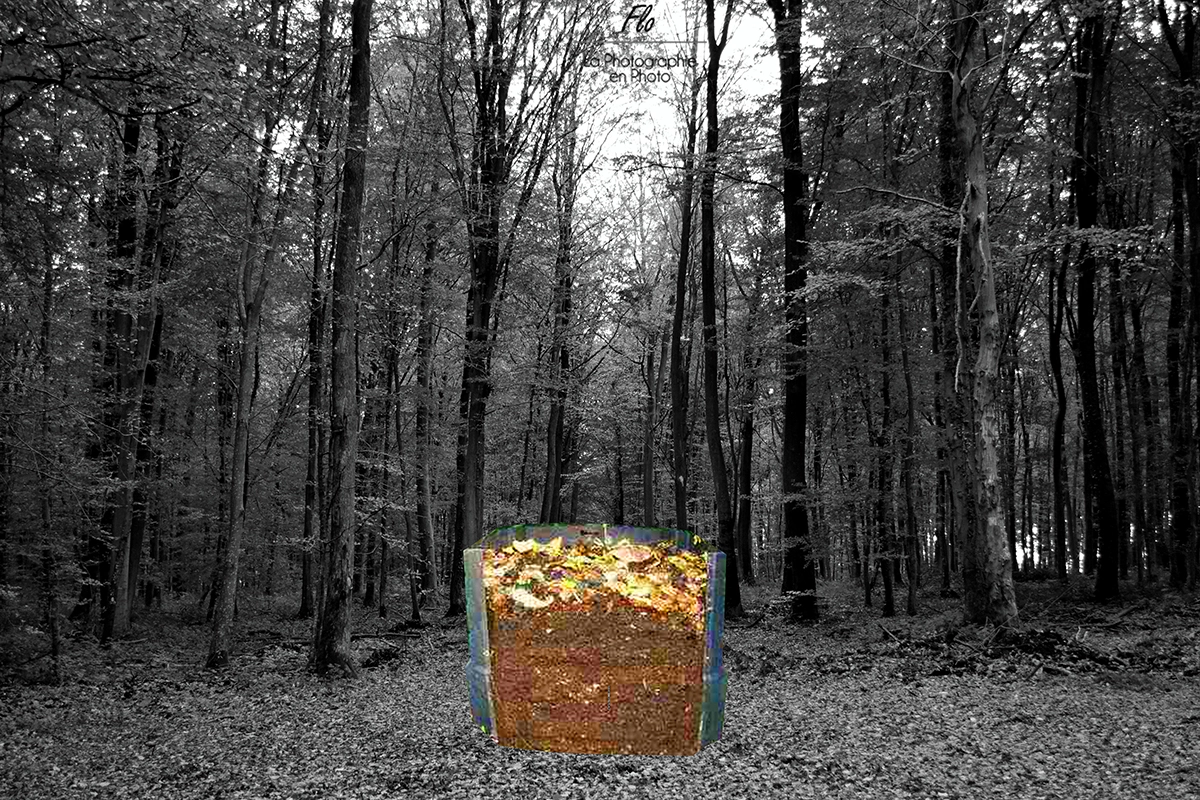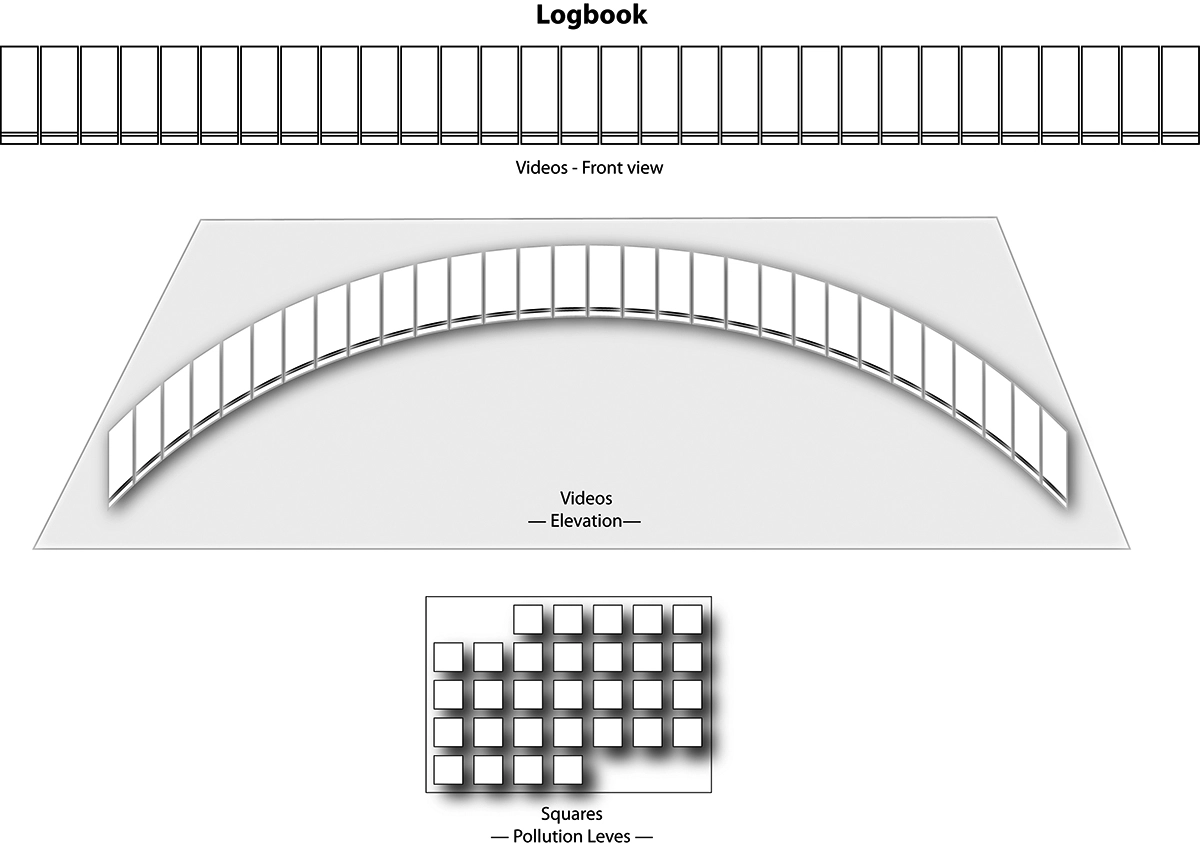Other Projects

This section showcases a variety of Julio Velasco's projects that extend beyond the main thematic categories. These works, ranging from symposiums and artistic interventions to conceptual explorations, highlight the diversity of his creative and scholarly endeavors. Each project reflects his ongoing inquiry into the intersections of art, technology, and society, whether through collaborative engagements, experimental installations, or speculative concepts. These selected works illustrate Velasco's commitment to exploring new frontiers in artistic expression and intellectual discourse.
Symposia and Interventions
Workshop Nationalism in Latin American Art (20th and 21st Centuries)
Held on September 23-24, 2019, at the German Center for Art History (DFK Paris), this symposium explored the complex relationship between visual arts and national identity in Latin America. Organized by Julio Velasco (Centre Marc Bloch, Berlin), Laura Karp Lugo (LMU Munich) and Thomas Kirchner (DFK Paris), and the event gathered scholars to examine how art has been instrumental in shaping national narratives from the modernist period to the present day.
The workshop aimed to address the issue of Latin American identities through the contextualization of works created by artists from the region. It emphasized the multifaceted nature of visual creations, which not only reflect the prejudices and ideals of the society that produces them but also reveal how these artworks can transcend such biases, offering alternative perspectives that challenge binary views.
Discussions covered a range of topics, including the role of visual arts in constructing and challenging national identities, the impact of modernist ideals on Latin American art, and the ways in which visual representations have been used both to support and resist political power. The symposium provided a platform for interdisciplinary exchange, offering new insights into the evolving discourse on nationalism and art in Latin America.
For more details, you can view the full program here.
Performance Technology, Memory, Experience (Utrecht, 2011)

In 2011, the Performance Studies International Conference (PSi) held its 17th edition in Utrecht, focusing on the intersection of technology, memory, and experience. Under the theme "Technology, Memory, Experience," this international gathering brought together scholars, artists, and performers to explore how technology mediates memory and shapes human experience.
Julio Velasco, as part of the collective presentation "Gaps in Memory: Pop-up Performance," contributed a video titled "In Memoriam (rushes and remains)." This work delves into the complexities of personal and collective memory by blending images from news, historical events, and personal history. The title "Rushes and remains" plays on the dual meanings of “to hurry or to stay” and “a video view and ruins.”
The video functions as a journey through memory, presenting a continuous flow of images where only some endure, intertwining personal and collective experiences. It explores the moment when individual memories merge with collective events, ultimately forming a unified sense of History and Memory.
Watch the video on Vimeo.
Symposium Making Sense
(Centre Pompidou, Paris, 2010)

The "Making Sense" symposium, held on October 19-20, 2010, at the Centre Pompidou in Paris, was a collaborative event between the IRI-Centre Pompidou, Institut Télécom, and NYU in Paris. The symposium brought together artists, philosophers, and scholars to explore the intersections between artistic practice and philosophical thought. The event was particularly focused on how sense-making is both a sensory and intellectual process, with discussions ranging from urban space and territoriality to the role of technology in art.
The collective Four-Second Decay, including Julio Velasco, participated with the work "Eating our Pictures." This piece, inspired by a fictional text by Matthew Fink, pushes the boundaries of sensory experience by combining visual and gustatory elements. The work metaphorically "exalts the senses" by imagining the act of consuming images, blurring the line between visual art and taste. It presents a narrative set during the 1527 Sack of Rome, where soldiers, led by General El Conde Diego de Guzman y Aragote-Gongora, are captivated by the unearthly beauty of Raphael's frescoes. The narrative culminates in the General physically consuming the images, licking them off the walls, in an extreme act of reverence and possession.
Exploratory Projects
Mapping the Afterlife
Status: Ongoing Project
"Mapping the Afterlife" seeks to present a vision of immigration within a broad context, enabling an analysis of it as part of the deep human requirement to believe in the tangible existence of a place of happiness. This envisioned territory can take on abstract and immaterial forms, but it is most often assimilated to a physical space, access to which is likely difficult, yet its existence remains completely real and concrete.
The project aims to relate the contemporary issue of immigration in Europe with historical imaginings of the afterlife from Antiquity and the Middle Ages, as well as with the paradisiacal pursuits embodied by tourism. This relationship is established through the use of maps, audio recordings of immigrants' long journeys, medieval texts, tourist experiences, and corresponding images.
"Mapping the Afterlife" demonstrates that the true impetus behind these displacements is linked to the pursuit of happiness and the necessity to give it a concrete and material form. The final presentation will be an installation comprising three key elements: maps printed and displayed on the walls, audio recordings accessible via headphones that narrate personal stories, and a slideshow of still images and videos projected within the exhibition area.
This work remains at the project stage and maintains a profound connection with the themes of art and territoriality discussed on the City & Art page.
Sound of the Earth
Status: Ongoing Project

This project explores the natural process of bioturbation, where organisms like earthworms enrich the soil by transforming surface waste into fertile ground. The installation captures the sounds of this ongoing natural activity using geophones and electronic sensors placed within a compost container. These sounds, generated by earthworms and other organisms during the bioturbation process, are amplified and broadcasted through a speaker system, allowing the audience to hear the "sound of the earth" in real-time.
Additionally, the project incorporates recordings of individuals discussing their experiences with recycling and natural processes, highlighting the connection between the natural world and human intervention. Planned to be installed in an open space like a park or garden in Berlin, the project emphasizes minimal artificial intervention and seeks to create a direct sensory experience of the earth's constant activity.
This work, still in the project phase, is closely linked to the themes explored in both the "Sound-Art" and "Bio-Art" sections.
Logbook
Status: Ongoing Project

The "Logbook" collaborative project is an innovative exploration of water quality and accessibility, using advanced scientific tools to make these issues perceptible and immediate. The project involves a visual journey through various global water sources, where laser biosensors, developed by the CNRS, continuously monitor and transmit data on water quality in real-time. This data, including chemical and biological contamination levels, is displayed alongside live images of the affected areas, creating an installation that highlights the profound connection between water quality and the living ecosystems surrounding these sources.
This ongoing project, still in its conceptual stage, is deeply connected with the themes explored in the "Bio-Art" section. It emphasizes the critical link between environmental sustainability, technological innovation, and the necessity for immediate access to information about water quality—a vital component in addressing global water challenges.